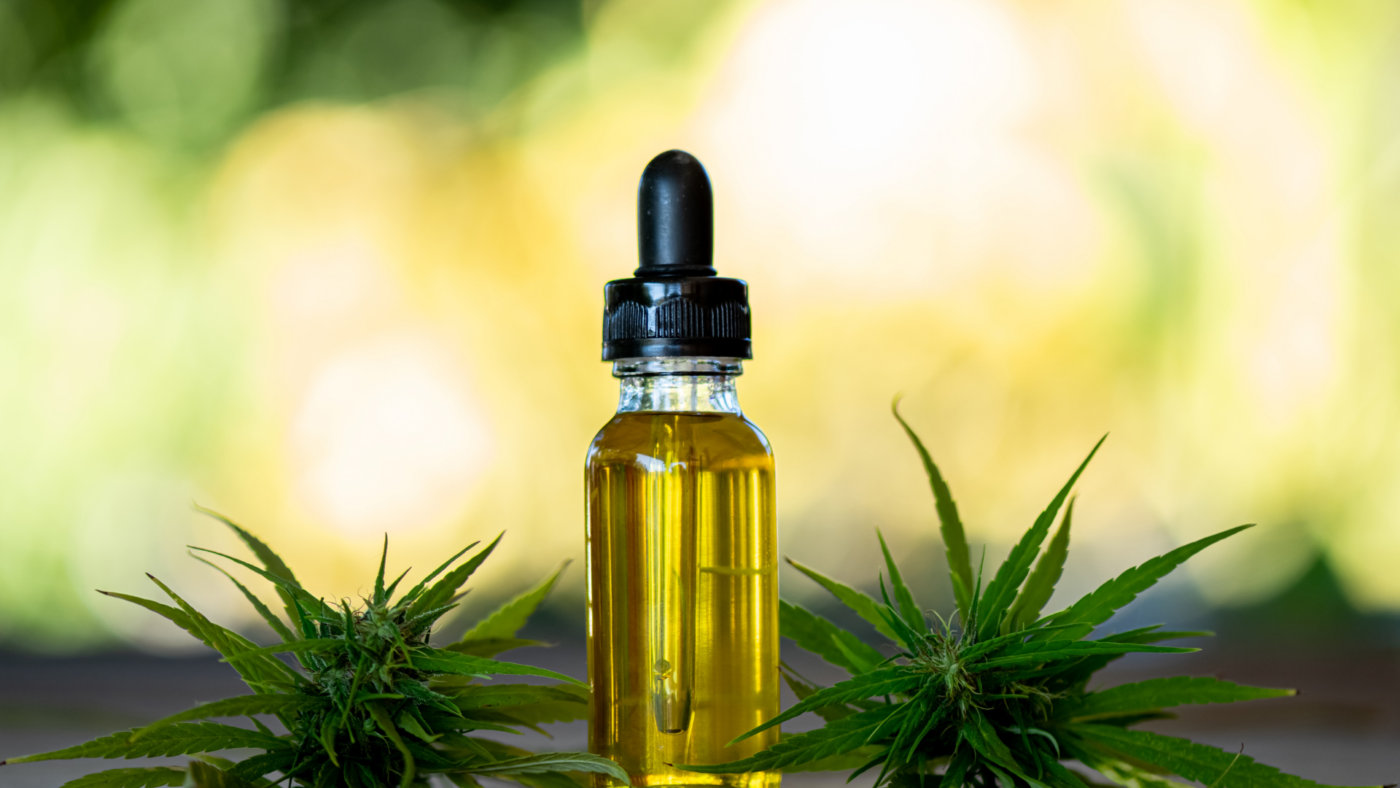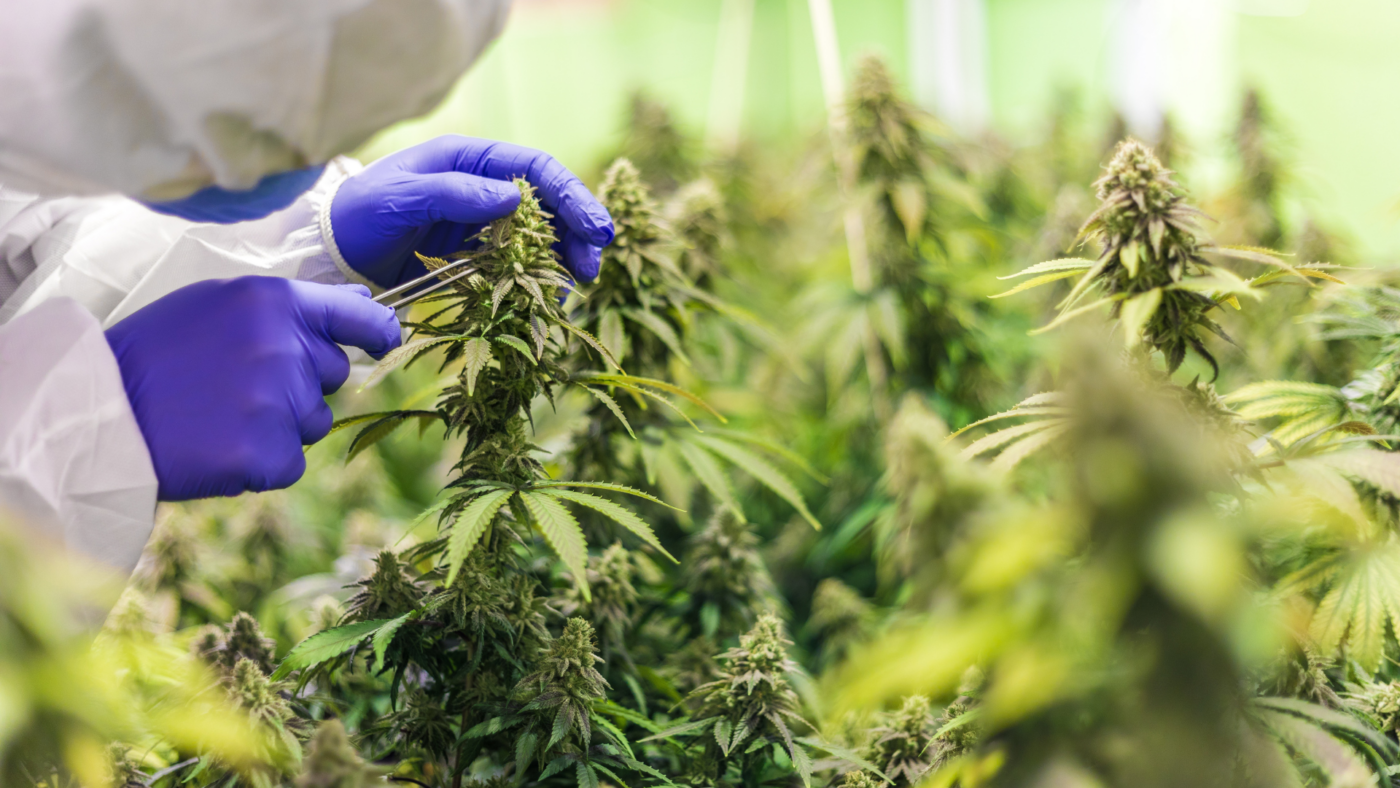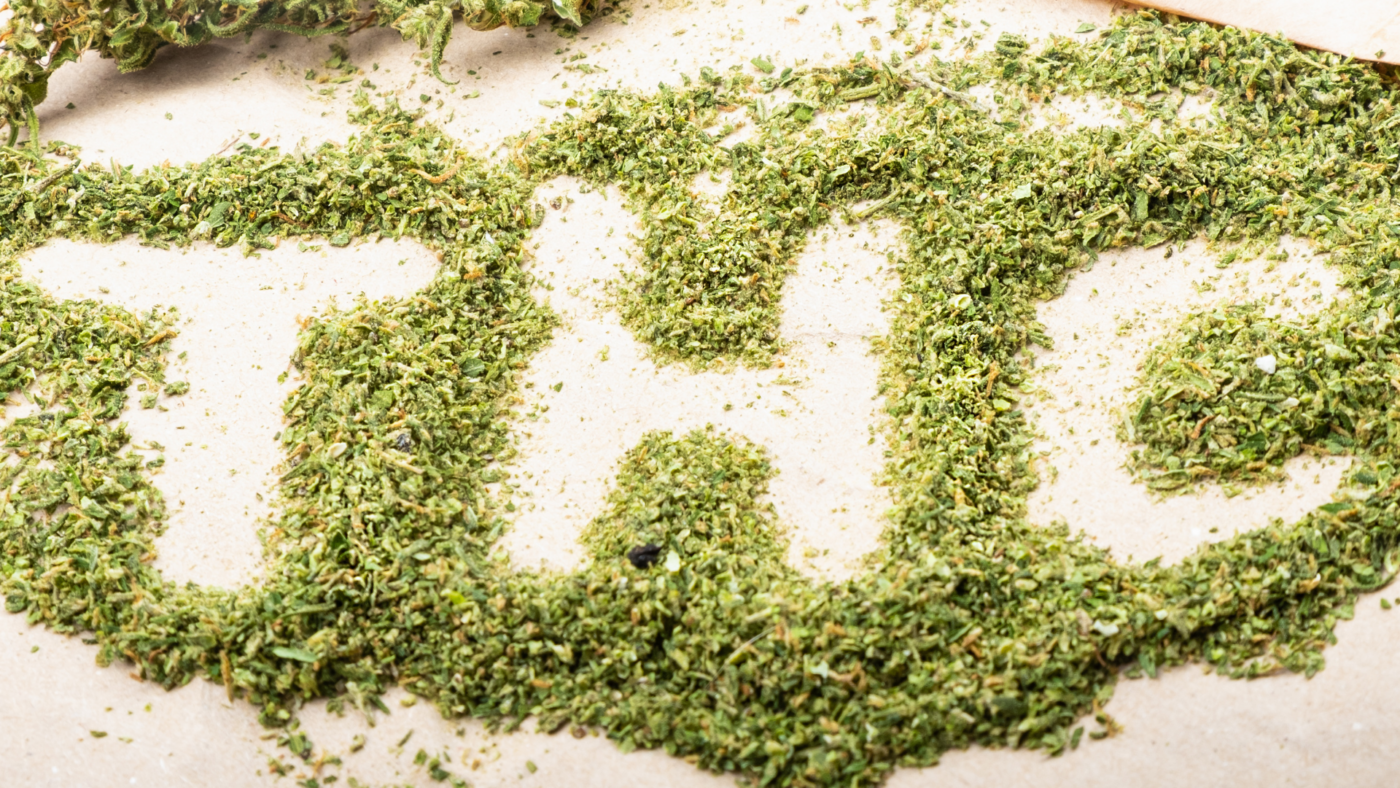One of the world’s most progressive cannabis policies is found in Canada. Since the Cannabis Act ( SC 2018, c. 16), was passed in 2018, the country has paved the way for a legal and controlled cannabis sector, allowing citizens greater access to cannabis for both recreational and medical uses. Nevertheless, although being federal, the laws vary from state to state. Because each province and territory has the authority to enact its own set of regulations, it is essential that both customers and retailers are aware of the particulars of their area.
An Overview of Canada’s Cannabis Legalization History
Long-standing support for decriminalization and the need for medical access are the reasons behind Canada’s legalization of cannabis. The pivotal moment occurred on October 17, 2018, when Canada became the second nation in the world after Uruguay to legalize cannabis for recreational use on a national level. The goals of lower the number illicit activities, safeguard public health, and limit the juvenile exposure to cannabis – this legalization was a huge change in public policy.
The legal foundation for regulating cannabis cultivation, distribution, sale, and possession in Canada is the Cannabis Act (Bill C-45). This statute, however, also gives territories and certain provinces the power to create some local laws, which presents both advantages and challenges for consumers.
Provincial Requirements for Age

The legal age to buy and consume cannabis is one of the main topics of Canadian cannabis regulations. The minimum age was set by the federal government at 18, however provinces are free to raise this threshold. This is a summary:
The only province with a legal age of 18, which is the federal minimum, is Alberta.
Quebec has the strictest minimum age in Canada, having raised it from 18 to 21.
The minimum age is 19 in the remaining provinces and territories, including as British Columbia, Manitoba, and Ontario.
These differing age limits are a reflection of local perspectives on cannabis and the aim to strike a balance between youth protection and accessibility. Understanding your local age requirement is crucial because underage purchase or possession can result in penalties or legal issues.
Possession Limits and Personal Cultivation
Under federal law, individuals over the legal age are allowed to possess up to 30 grams of dried cannabis (or other forms equivalent) in public spaces. This intention of this limit is to control excessive possession while still allowing consumption for reasonable personal use. However, as long as it was obtained legally, there are no further legal restrictions on how much cannabis a person can have in their house.
Cannabis law also allows citizens in Canada to cultivate as long as it is for. It allows adults to grow up for personal use up to four cannabis plants per household. But, there are provinces that prohibits this one:
The provinces of Manitoba and Quebec have banned personal cultivation.
While personal cultivation is permitted in other provinces, there are still restrictions related to how and where the plants are grown (e.g., they should not be visible from public spaces).
These nuances highlight the importance of understanding local laws to ensure compliance.
Where You Can Legally Consume Cannabis

When it comes to consumption, the Cannabis laws in Canada actually differ on when it comes to where you can consume it. Municipalities regulate t he public consumption strictly, same prohibitions with alcohol and cigarettes. Public spaces like parks, school zone, and enclosed areas are still prohibiting the usage of Cannabis.
Public consumption is largely regulated by municipalities, with restrictions that often mirror those for tobacco or alcohol. In many areas, smoking cannabis is prohibited in parks, near schools, or in enclosed public spaces.
Retail and Purchasing Regulations
Each provinces across Canada has it own rules on the retail of Cannabis. As per Cannabis Law, government grants licenses to producers, but the distribution and retail of each provinces has rules of their own. In Quebec, you can only purchase it exclusively on government-run stores, while Alberta are only sold on private retailers that has license. Ontario is a mix of both, as there are government-operated stores, and private licensed retailers.
Cannabis products can also be purchased online through government-run websites in each province, with age verification required. For safety, consumers should always buy from licensed retailers.
The Legal Cannabis Products Available
With the enactment of Cannabis Act (S.C. 2018, c. 16) in 2018, the product range for legal cannabis has expanded. At first, only dried cannabis, seeds, plants, and oils were allowed, but the Cannabis Act permitted for a phased rollout of new and recreational products. This paved the way for edibles, extracts, and topicals to be launched and permitted for usage in Canada last 2019.This offered more options for consumers to have alternatives with varied product range.
On the other hand, the cannabis laws in Canada requires strict regulations on THC content for these products. The edibles are limited to 10 mg of THC per package, and beverages and extracts also have distinct limits. The law is also strict on the details to be placed on packaging and labels, and requiring it to be child-resistant and complete with content, ingredients, and health warnings.
Medical Cannabis: How It Differs from Recreational Use

Although the Cannabis Law in Canada allows the wide use of recreational cannabis, it still has regulates the medical use of it. Since it’s used for medical purposes, users may cultivate more plants at home and may obtain higher possession limits as long is it is prescribed to them. They need to get prescription for licensed healthcare provider and must only get it with a registered producer and retailer or at Health Canada.
The law made the distinction of recreation and medical use more significant as medical use is usually cheaper to purchase. It also allows users for medical use to possess and use Cannabis in public spaces where recreational use is prohibited.
Penalties for Non-Compliance
Despite the enactment of Cannabis Act (S.C. 2018, c. 16), strict penalties are still imposed on violators of such law. Offenses are categorized from minor fines to serious criminal charges, depending on the level of infraction:
The possession above the legal limit in public or selling and distribution to a minor can result in significant amount fines or period of imprisonment.
An individual caught driving under the influence of cannabis will face strict penalties as it is illegal nationwide. Saliva tests and other ways to detect such are being used by law enforcement personnel in Canada.
Distribution and/or cultivation outside the regulations imposes criminal charges.
Understanding and Staying Compliant with Canada’s Cannabis Laws
Canada’s cannabis laws continue to evolve, offering increased access and safety regulations for consumers, producers, and businesses alike. Staying informed about these rules is essential for enjoying cannabis responsibly and legally—whether you’re an occasional user or actively part of the industry. By adhering to purchase limits, buying exclusively from licensed sources, and using cannabis in approved spaces, you play a role in supporting Canada’s cannabis sector and ensuring a responsible cannabis community.
If you have questions or want to learn more about compliant products, visit our site.
